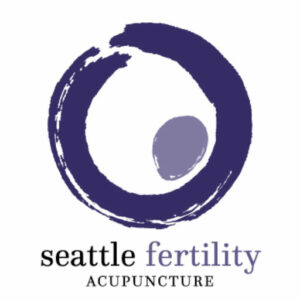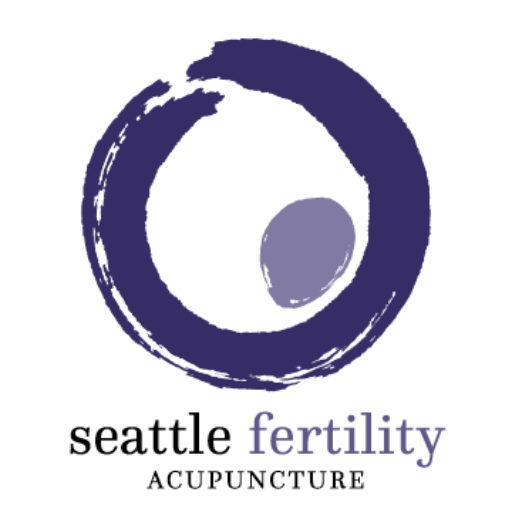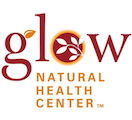 Low Level Laser Therapy for fertility is a cutting edge clinical treatment. We are the first clinic in the Seattle area to offer this service to our patients. This technique is effective, painless, safe, and non-invasive. This technology is especially exciting for those women who have advanced maternal age including poor ovarian function and/or uterine lining issues. A study published in Fertility and Sterility in 2008 showed that implantation rates were significantly higher in cases where Low Level Laser Therapy was used before and after embryo transfer in IVF.
Low Level Laser Therapy for fertility is a cutting edge clinical treatment. We are the first clinic in the Seattle area to offer this service to our patients. This technique is effective, painless, safe, and non-invasive. This technology is especially exciting for those women who have advanced maternal age including poor ovarian function and/or uterine lining issues. A study published in Fertility and Sterility in 2008 showed that implantation rates were significantly higher in cases where Low Level Laser Therapy was used before and after embryo transfer in IVF.
What are the effects of (LLLT) Low Level Laser Therapy on the body?
- Increase cellular ATP
- DNA production is increased
- Stimulates mitochondrial activity to repair the effects of aging
- Improves blood flow
- Releases endorphins
- Decreases edema
- Decreases chronic inflammation
- Increase cartilage and bone formation
- Normalizes and improves scar tissue
- Increases collagen production
- Improves muscle regeneration
(LLLT) Low Level Laser Therapy for fertility works to:
- Reduce oxidative stress and aging to the ovaries
- Increase blood flow to the uterus, ovaries and abdomen
- Speed tissue healing
- Eliminate recurring infections
- Reduce scaring (from earlier surgeries or infections)
- Relax the sympathetic nervous system
- Decreases stress and promotes parasympathetic function
Who can benefit from (LLLT) Low Level Laser Therapy for fertility:
- Women who have not responded to conventional therapies
- Women who have egg quality issues due to age including
- low AMH
- high FSH
- -poor responders
- women 38 and over
- –PCOS
- Women who have issues with their uterine lining such as:
- -Endometriosis
- -Recurrent infections of the abdomen (Herpes, Candida, Chlamydia)
- History of abdominal surgery or D and C
- Thin lining during IVF cycles
We recommend the following schedule treatment schedule:
- LLLT (Low Level Laser Therapy) 2-3 times a week for 1-3 months.
- We also offer LLLT(Low Level Laser Therapy) before and after IVF transfers as this therapy has been shown to improve outcomes.
Research: Personal Overview Application of LLLT for Severely Infertile Japanese Females This was a 2 part study conducted by Dr. Toshio Ohshiro at Sanno Hospital that included 701 infertile women of which 22.3% became pregnant using LLLT.


